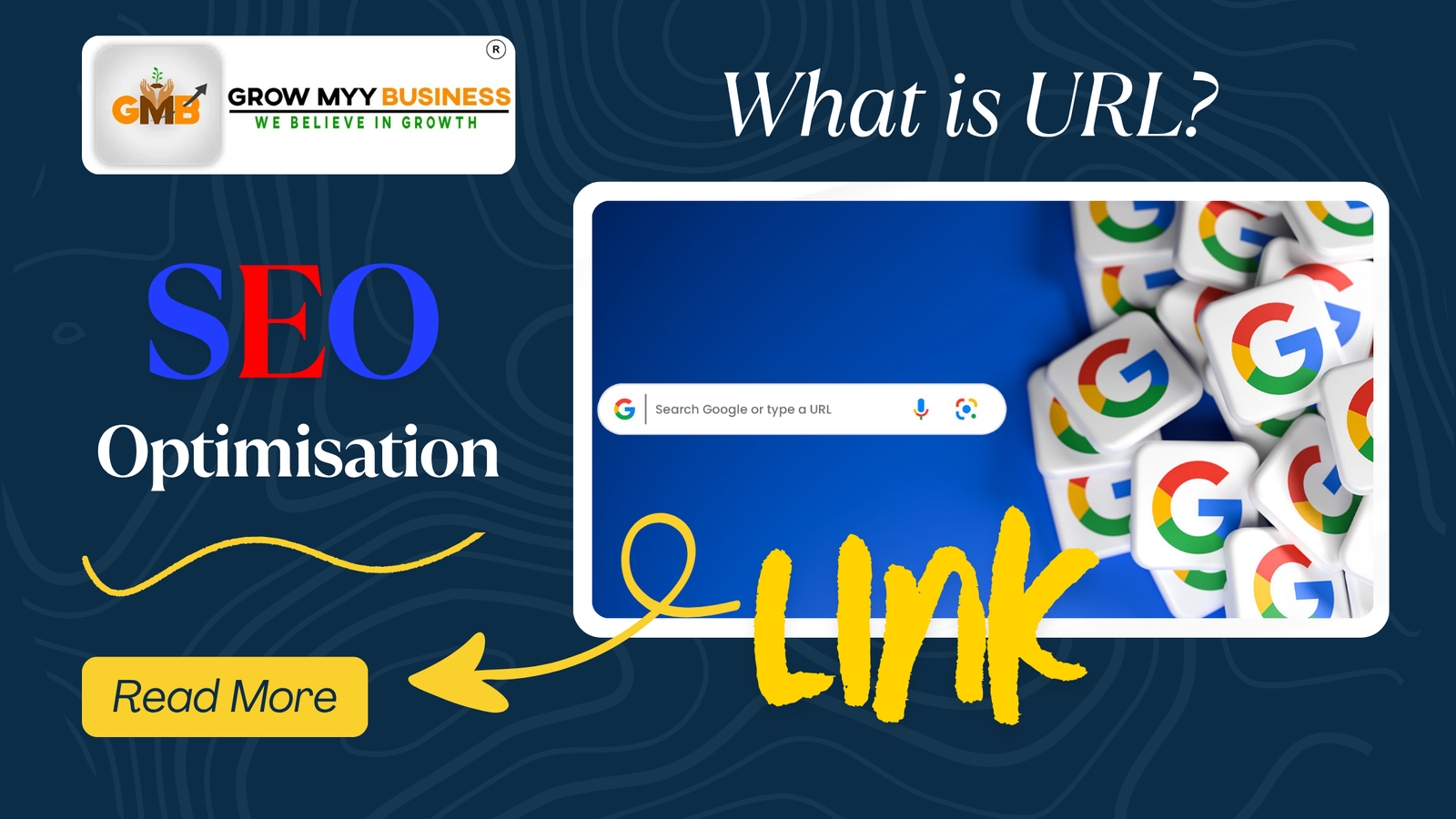What is a URL? URL Meaning & SEO Importance
A URL, or Uniform Resource Locator, is the complete web address you enter into your browser to reach a specific webpage. Think of it like a digital address for websites — just as your home address helps people find where you live, a URL helps browsers locate and display online content.
URLs play a critical role in both user experience and SEO. Search engines read URLs to understand a page’s content, which helps improve visibility and rankings in search results.
URL Full Form
The full form of URL is Uniform Resource Locator. It serves as a unique digital address for every page, file, or resource available on the internet. Just like your home address helps people find where you live, a URL tells your browser exactly where to go online and how to access the content. Every image, video, article, or web page you view on the internet has its own URL, making it easy to locate and share.
What is a URL Link?
A URL link is a clickable web address that takes users directly to an online resource like a website, PDF, video, or image. When you click on a URL link, your browser knows exactly where to go. These links are essential for navigation, SEO, and sharing content online.
Examples of URL links:
- https://example.com/@123
- www.example.com
- https://@.example.com
URL links help improve user experience and boost SEO visibility when properly structured.
Basic Structure of a URL
https://www.@.example.com/blog/what-is-url
| | | | | | |
| | | | | | └── Page location
| | | | | └── Path to the page
| | | | └── Domain name
| | | |
| | | └── Subdomain
| | └── World wide web network
| └── Protocol (HTTP or HTTPS)
└── Scheme (optional)
Example of URL in Action
Let’s break it down with a simple example:
www.example.com – This is the domain name, the main address of the website.
https://www.example.com/blog – This is a complete URL. The “/blog” part is the path, which directs your browser to a specific section or page on the site.
Every part of the URL plays a role in helping users and search engines navigate content efficiently, which is vital for SEO.
Why URLs Matter for SEO (SEO URL)
A well-structured SEO URL helps both Google and users understand what a page is about — even before clicking on it. Search engines use URLs as a ranking factor, and clean URLs also improve click-through rates.
How to Create SEO-Friendly URLs:
Use clear, readable words:
✅https://example.com/seo-tipsAvoid random numbers or special characters:
❌https://example.com/page?id=4839292Include relevant keywords:
✅https://example.com/what-is-a-url
Clean, keyword-rich URLs improve visibility, indexing, and user trust.
What Is a Canonical URL and Why It Matters for SEO URLs
As you learn about SEO-friendly URLs, it’s important to understand canonical URLs. A canonical URL is the official version of a web page that you want search engines to index. It helps avoid confusion when the same content appears under different URLs.
For example:
https://www.example.com/what-is-a-urlhttps://example.com/what-is-a-url
Even though both URLs show the same content, you should set one as canonical to tell search engines which version is preferred.
Using canonical tags ensures your SEO URLs are clean, focused, and not split across duplicates — which is key to better rankings. At Grow My Business, we help you implement proper URL structures and canonicalization to maximize SEO performance.
Canonical Tags in SEO What They Are & Why They Matter A canonical tag, often referred to as a rel=canonical link, is …
How Grow My Business Can Help You Track & Grow
To summarize:
URL meaning = a web address used to locate content online.
What is a URL? It tells browsers where to go and how to access specific resources.
For better search visibility, always use short, clear, keyword-rich SEO URLs.
At Grow My Business, a leading digital marketing agency in Ghaziabad, we help businesses create SEO-friendly websites with optimized URLs that improve rankings and user experience. Contact us today to boost your online presence!






